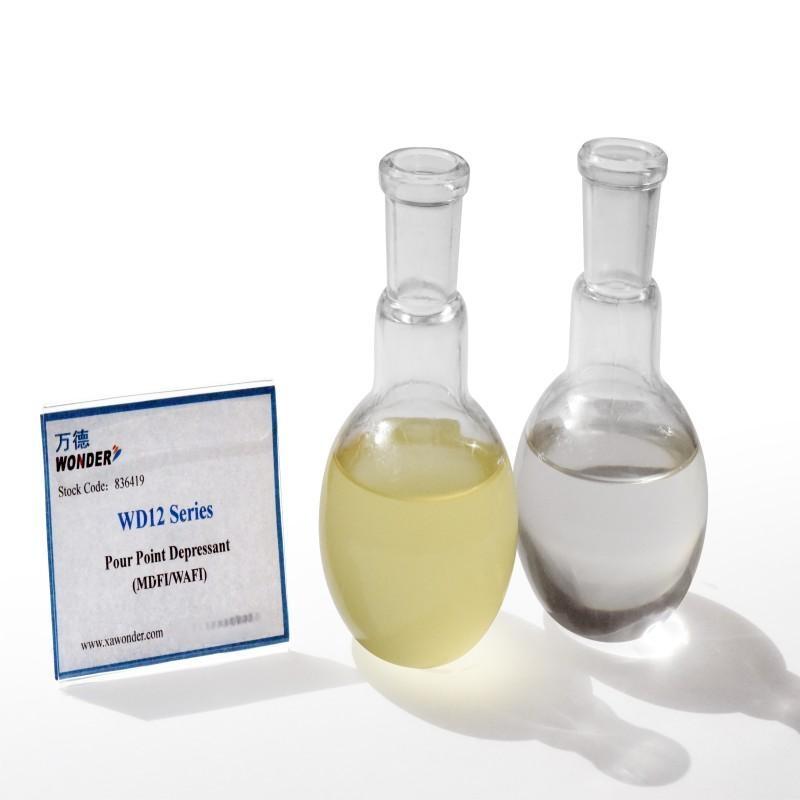-
Categories
-
Pharmaceutical Intermediates
-
Active Pharmaceutical Ingredients
-
Food Additives
- Industrial Coatings
- Agrochemicals
- Dyes and Pigments
- Surfactant
- Flavors and Fragrances
- Chemical Reagents
- Catalyst and Auxiliary
- Natural Products
- Inorganic Chemistry
-
Organic Chemistry
-
Biochemical Engineering
- Analytical Chemistry
-
Cosmetic Ingredient
- Water Treatment Chemical
-
Pharmaceutical Intermediates
Promotion
ECHEMI Mall
Wholesale
Weekly Price
Exhibition
News
-
Trade Service
US Treasury Secretary Yellen said that almost half of the price increase in CPI inflation in June came from high energy costs, and the US government fully supports the Fed's policy of suppressing inflation, while the price limit on Russian oil imports is "one of the most powerful tools"
to fight inflation.
International oil prices fell, further away from the $100 mark
.
On Thursday, July 14, US Treasury Secretary Janet Yellen said in a speech during the G20 finance ministers and central bank governors that US inflation is "unacceptably high", and in the latest CPI inflation data, almost half of the price increases come from high energy costs, and reiterated that reducing price increases will be the "top priority" of the US government, echoing the main points
of President Biden's speech yesterday.
Yellen said the U.
S.
government fully supports the Fed's work to "do what they think is necessary to control inflation
.
" At the same time, the US government is also acting, hoping to support the reduction of inflation in the short term, especially in persuading
major global countries to set price caps on Russian oil imports and the release of strategic petroleum reserves by allies.
She also wants the U.
S.
Congress to enact laws to lower prescription drug prices
.
Asked if she feared that fighting inflation would trigger a recession, Yellen said the U.
S.
labor market was "very strong at the moment," with tight supplies and good market conditions, making it "appropriate"
to make reducing inflation a top government priority.
Commenting on the impact of the Fed's rate hikes on developing economies and emerging markets, Yellen acknowledged that the growth and inflation outlook for these countries has deteriorated, but does not believe that the Fed's interest rate hikes are caused by a single factor, but mainly due to the rise in food and energy prices caused by the Russia-Ukraine conflict, and she also called the increase in energy prices and food insecurity as "the negative spillover effects of the Russia-Ukraine conflict on the world" as the biggest challenge
.
Yellen said that the Fed has raised interest rates more sharply than the rest of the world, pushing the dollar stronger and leading to a certain depreciation
of the currencies of emerging market and developing economies.
On the one hand, this will enhance their export capacity, which is conducive to economic growth, and on the other hand, it will make it more difficult
for countries with very serious dollar-denominated debt.
At the same time, some emerging market countries, which are important commodity exporters, are benefiting from
higher commodity prices.
She also spent a long time explaining why a price cap on Russian oil imports could help keep prices high, calling it "one of the most powerful tools" to suppress prices, and that energy security was a key issue
at the G20 finance ministers' meeting.
However, Yellen did not directly answer whether she was worried that the oil price cap would trigger retaliation by Russia to stop supplying European gas, and denied that "$40" would be the price cap, saying that there was no specific decision at present, hoping to set a price level
to incentivize Russian oil production.
She believes that setting a ceiling on the price of Russian oil imports is "profitable"
for both the importing country and the exporter of Russia.
Without a price cap, Western bans on Russian oil imports, as well as insurance and financial bans on transporting and trading Russian oil, would take full effect, leaving global oil prices "very high" and large amounts of Russian crude excluded
.
A price cap would allow Russia to sell oil while "still making a profit" while ensuring sufficient global supply
.







